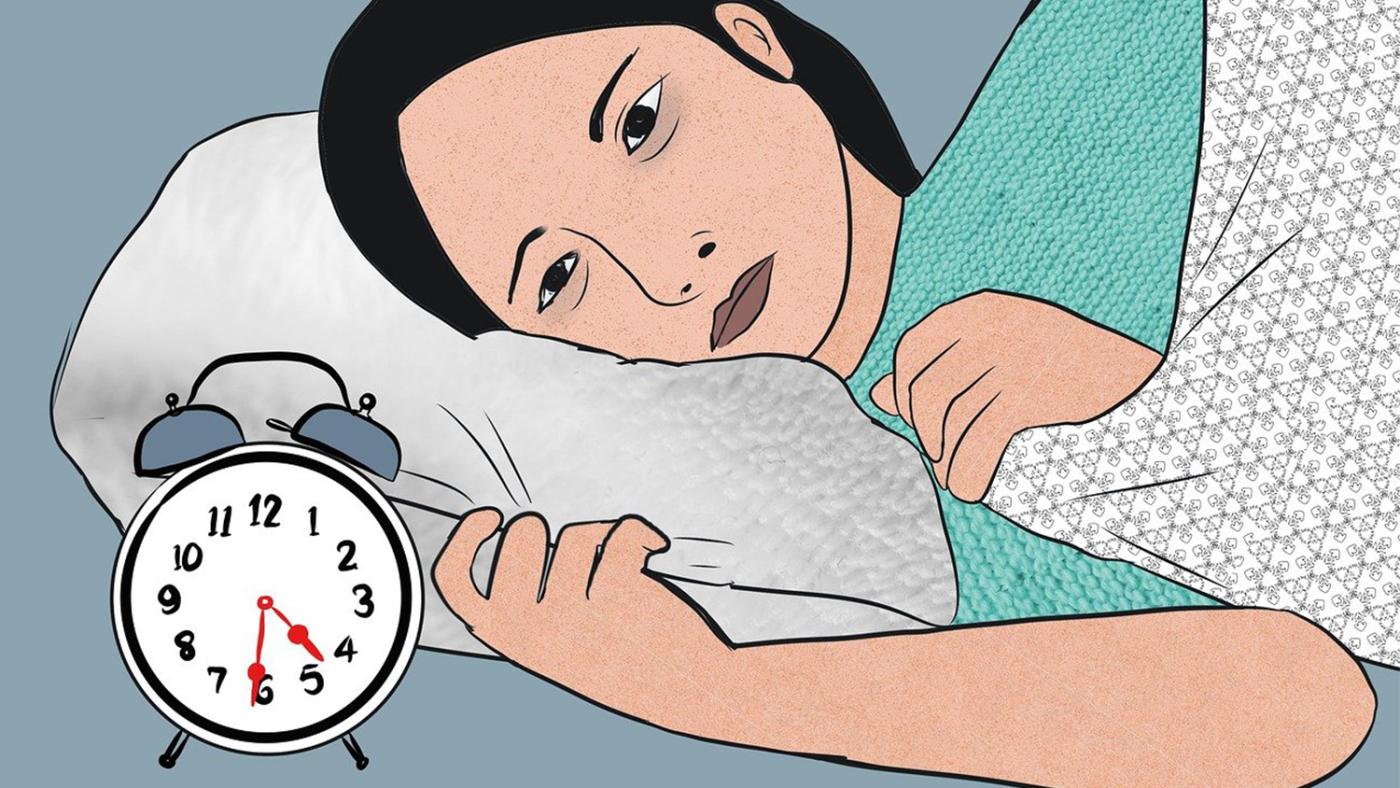Mental health still an issue even after Covid
Statistics Netherlands: young people suffering from depression and sleeping problems

Young people in the Netherlands still have plenty of mental health complaints. Although their answers were slightly more positive in 2022 compared to the previous year, CBS says that’s not enough to affirm that a trend reversal is going on.
“Following the pandemic, we were hoping to see an improvement”, says head sociologist Tanja Traag, “but the expected decrease in mental problems among young people is not apparent from these figures.”
Pandemic
In 2021, CBS suddenly identified a surge in psychological complaints among young people. They were much more likely to feel gloomy, nervous or blue in the month leading up to the survey. Previously hovering around ten percent, the figure shot up to eighteen percent in 2021. It has dropped to sixteen in 2022, CBS now reports.
But this is the only encouraging signs. Other problems are actually increasing. For instance, since 2017, the number of students saying that they’ve suffered from depression in the twelve months before the survey has been growing each year since 2017. About 17 percent of those aged 18 to 25, according to CBS.
Skewed male-to-female ratio
Not all figures have been broken down for young people below and above the age of eighteen, nor is it possible to infer from these figures if there’s a difference between students and non-students. What is clear is that 18- to 25-year-olds report almost double the number of psychological complaints that 12- to 17-year-olds do. The male-to-female ratio is quite skewed as well. In 2022, twice as many women aged 18 to 25 said they were having psychological complaints than their male counterparts: 26 vs 13 percent.
Chronic sleeping problems
In addition, more and more young people are saying they’ve had "mild" to "very severe" sleeping problems in the two weeks preceding the CBS visit. Until now, sleeping problems haven't received as much attention, but they have been rising significantly since 2020. In 2022, hey reached 22 percent, while the percentage hovered around 14 between 2017 and 2019.
Health psychologist Peter van der Velden, from Tilburg University, can't help but notice that mental problems are becoming more common among young people. Based on his own research, he observes that about half of the people who have psychological complaints will still have them in a year. With the other half, the complaints have decreased or even disappeared completely.
Van der Velden also observes an increase in sleeping problems. And he takes them very seriously. “Chronic sleeping problems undermine your life. This is often underestimated.”
Last week, student and welfare organisations argued for setting up a ‘headache council’ because of the increase in mental problems amongst young people.